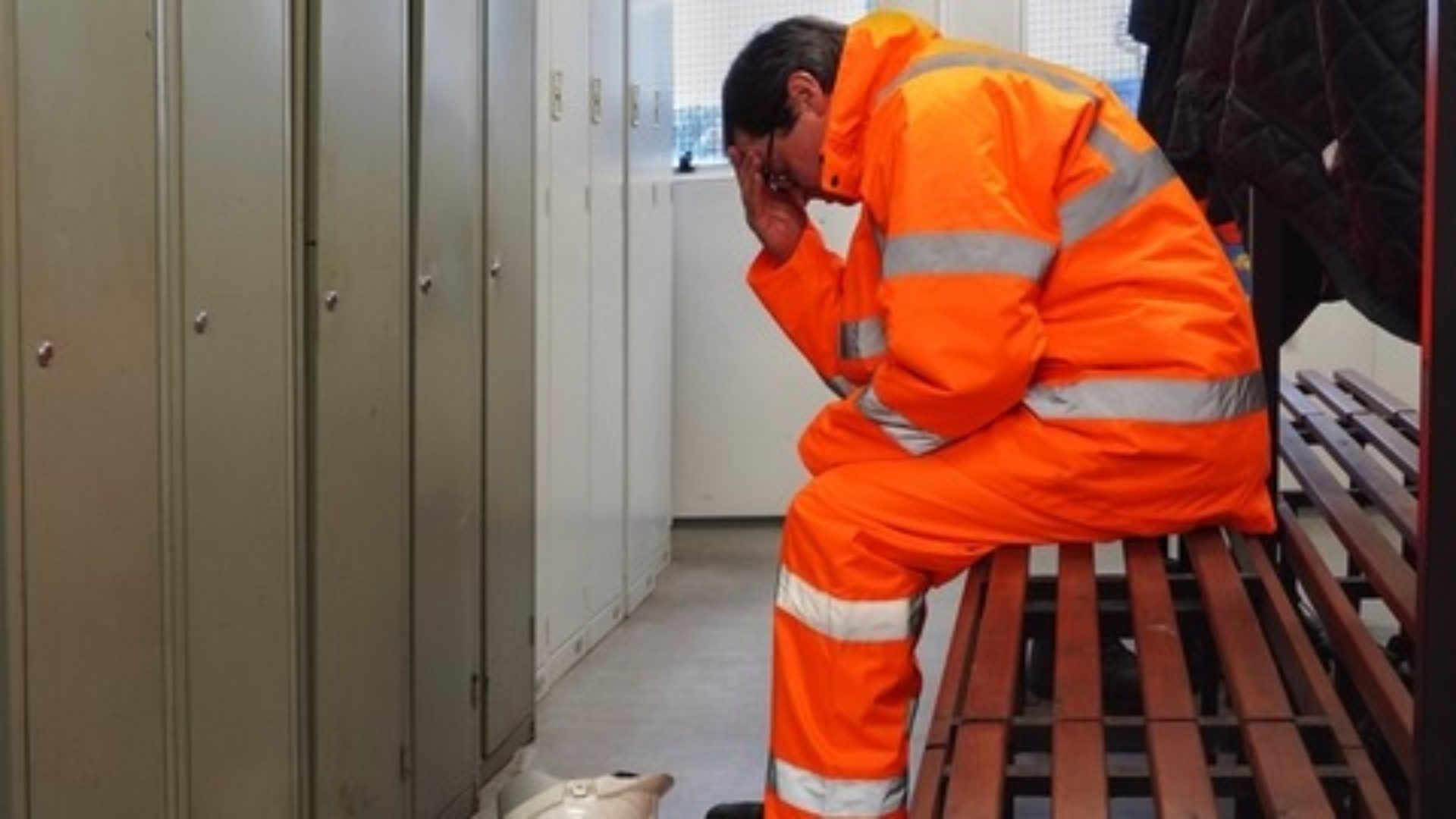
The Association for Project Safety (APS) is calling on the construction sector to do more to prevent poor mental health in the industry.
More than 150,000 construction workers may be experiencing common mental health problems, including anxiety, stress or depression, the APS claims based on industry data calculations.
During Men’s Health Week (12-18 June), APS said that fewer than half of men with mental health problems were able to talk about them. This, the professional body added, poses a major challenge in an industry employing over 1.1 million men – around 85% of the total workforce.
APS president Ray Bone said the industry must address its behaviours and attitudes, stop avoiding difficult conversations and start taking mental health seriously. Suicide is the main cause of death in men under the age of 50. Around three quarters of deaths from suicides each year are men.
‘Talking is not enough’
This year’s Men’s Health Week will focus on the impact of technology and social media on men’s health. Bone said this is particularly important in a sector where workers often work away from home and are prone to turning to their phones and devices for company and entertainment.
Bone added: “Construction is still a very male-dominated environment. Because it is clear men find it hard to open up and talk about their problems, we all need to look at the behaviours and attitudes that are contributing to this often hidden health crisis. APS is supporting Men’s Health Week to raise awareness of the issue.
“Everyone needs to find ways of talking about our problems and helping our colleagues who may be suffering in silence. But talking is not enough. The industry needs to look at how it behaves and how it treats workers. We are all responsible for the way we treat each other, and we need to understand the effect we can have on the people around us.
“It is not the responsibility of people who are ill to have to highlight problems. We need to look out for each other and remember how we act is how we will be judged. The internet has brought many benefits but, when people are often working away from home without family support nearby, an easy click can lead to long-term problems with addictive and risky behaviour.”
If you’re in crisis and need urgent help, there are many helplines staffed by trained people ready to listen, including the Samaritans, available 24/7 on 116 123 (free from any phone).











